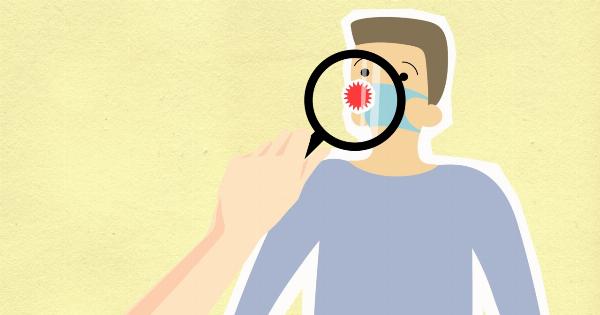Respiratory infections are a common ailment that many people experience each year. These infections are caused by various pathogens including viruses, bacteria, and fungi that can spread from person to person through the air.
Respiratory infections can range from a mild cold to a severe pneumonia, and in some cases, they can be life-threatening. In this article, we will discuss the major causes of respiratory infections and how they spread.
Causes of Respiratory Infections
Respiratory infections are caused by various pathogens, including viruses, bacteria, and fungi. The most common viruses that cause respiratory infections include rhinovirus, influenza virus, adenovirus, and coronavirus.
Bacterial respiratory infections are often caused by Streptococcus pneumoniae, Haemophilus influenzae, Mycobacterium tuberculosis, and Bordetella pertussis. Fungal respiratory infections are less common but can be caused by Aspergillus, Candida, and Histoplasma.
How Respiratory Infections Spread
Respiratory infections can spread in several ways, including:.
- Airborne transmission – respiratory infections can spread through the air when an infected person coughs, sneezes, or talks, releasing droplets that contain the pathogen into the air. These droplets can be inhaled by people nearby, leading to infection.
- Contact transmission – respiratory infections can also spread when someone touches an infected surface and then touches their nose, mouth, or eyes. The pathogens can survive on surfaces for several hours, making it easy for people to pick up the infection by touching contaminated objects.
- Direct transmission – respiratory infections can also spread through direct contact with an infected person, such as kissing, hugging, or shaking hands.
Symptoms of Respiratory Infections
The symptoms of respiratory infections can vary depending on the type of infection and the severity of the illness. Common symptoms of respiratory infections include:.
- Cough
- Sore throat
- Fever
- Nasal congestion
- Runny nose
- Shortness of breath
- Chest pain
- Fatigue
- Body aches
Prevention of Respiratory Infections
Preventing the spread of respiratory infections is essential to prevent outbreaks and protect public health. Here are some tips to prevent respiratory infections:.
- Wash your hands frequently with soap and water or use hand sanitizer.
- Avoid close contact with people who are sick.
- Cover your nose and mouth with a tissue or your sleeve when you cough or sneeze.
- Stay home when you are sick.
- Avoid touching your nose, mouth, or eyes with unwashed hands.
- Get vaccinated for influenza and pneumonia.
- Clean and disinfect frequently touched surfaces.
Treatment of Respiratory Infections
The treatment of respiratory infections depends on the type of infection and the severity of the illness. In general, treatment for respiratory infections includes:.
- Rest and hydration
- Fever-reducing medication, such as acetaminophen or ibuprofen
- Cough suppressants or expectorants
- Antibiotics for bacterial infections
- Antiviral medication for certain viral infections
- Antifungal medication for fungal infections
Conclusion
Respiratory infections are a common ailment that can be caused by viruses, bacteria, and fungi. These infections can spread through the air, through direct contact, or by touching contaminated surfaces.
Prevention is key to reducing the spread of respiratory infections, and simple measures such as washing your hands, avoiding contact with sick people, and getting vaccinated can go a long way in preventing outbreaks. If you do become sick with a respiratory infection, rest, hydration, and medication can help you recover more quickly.





























